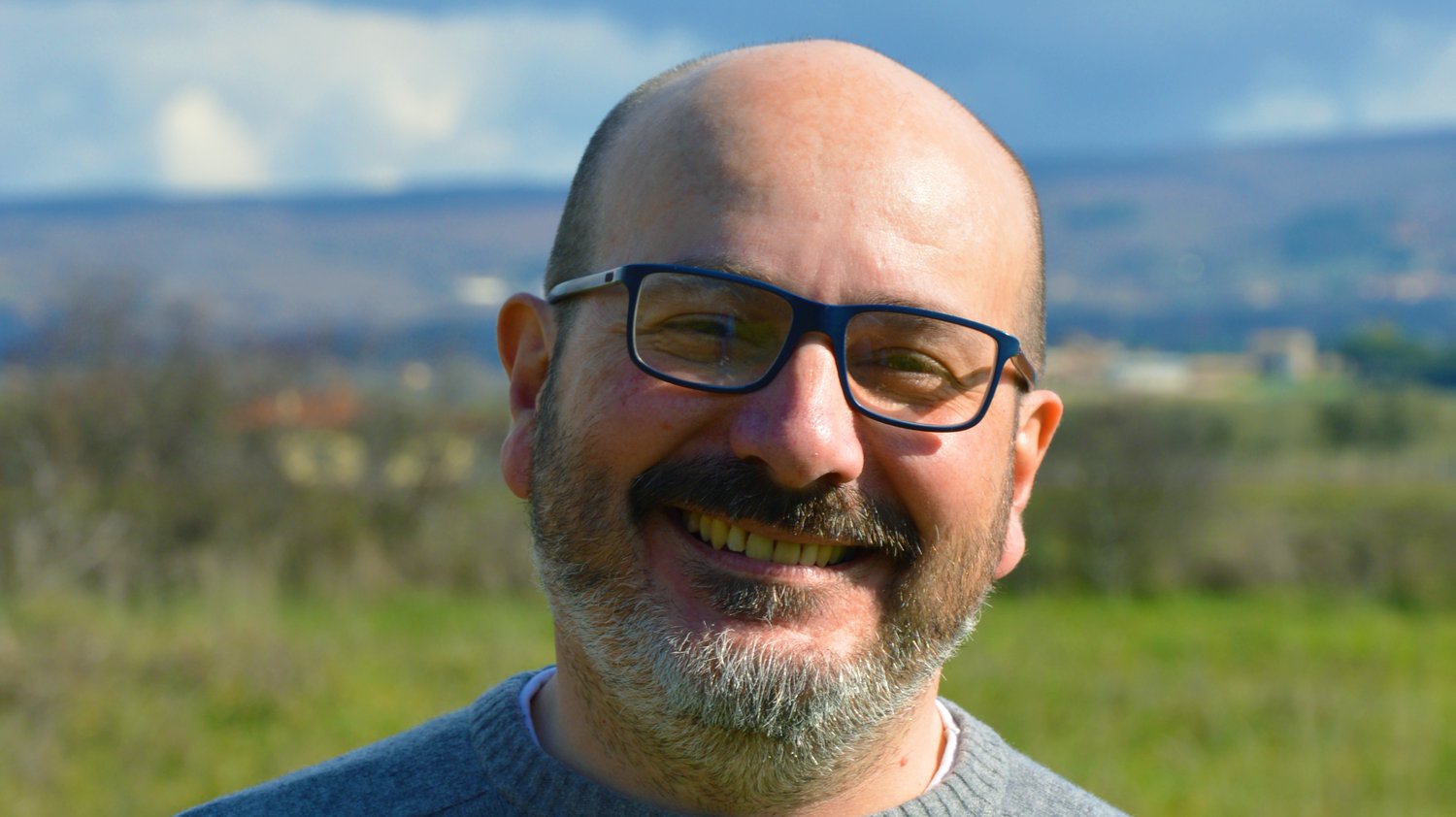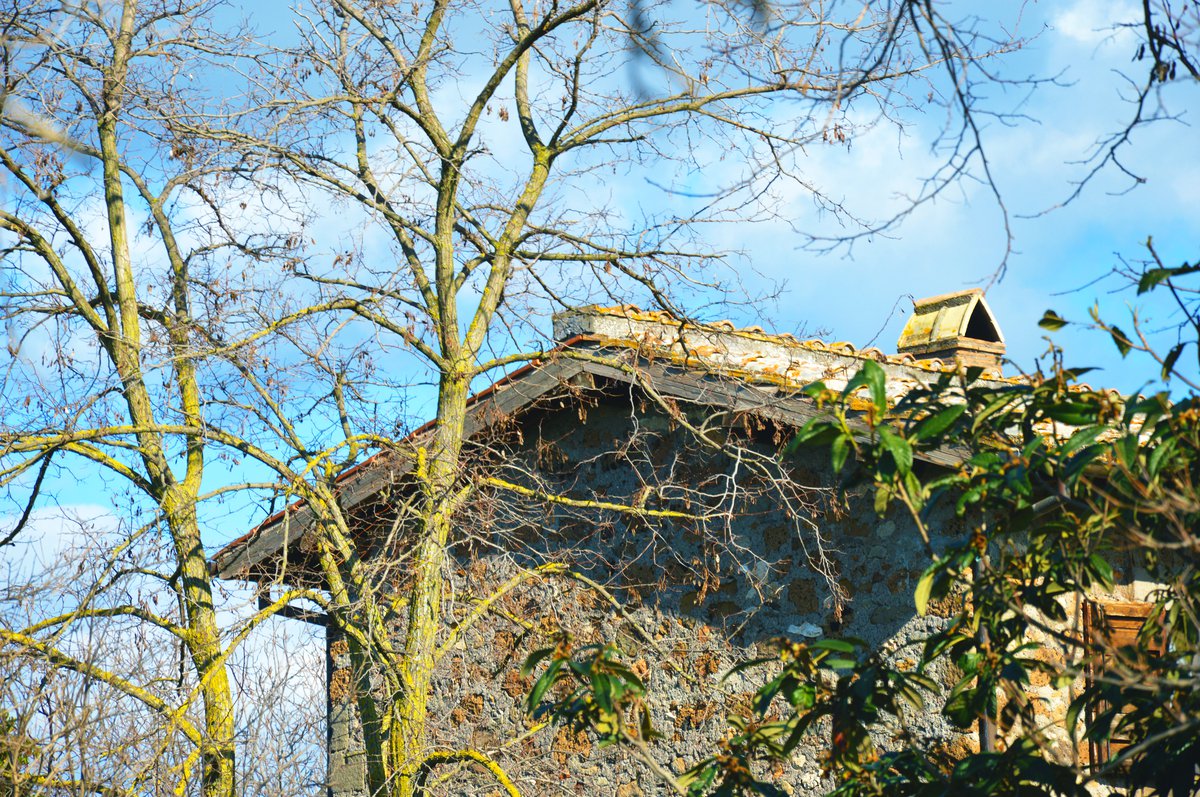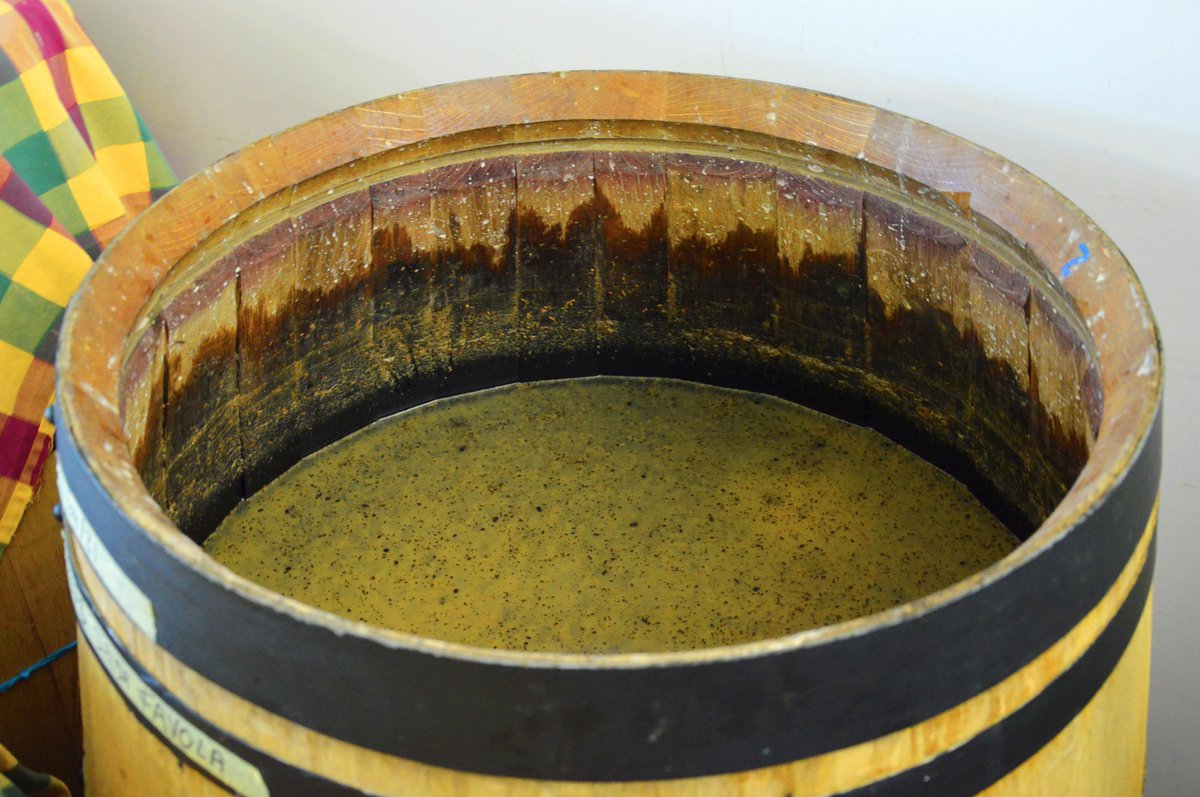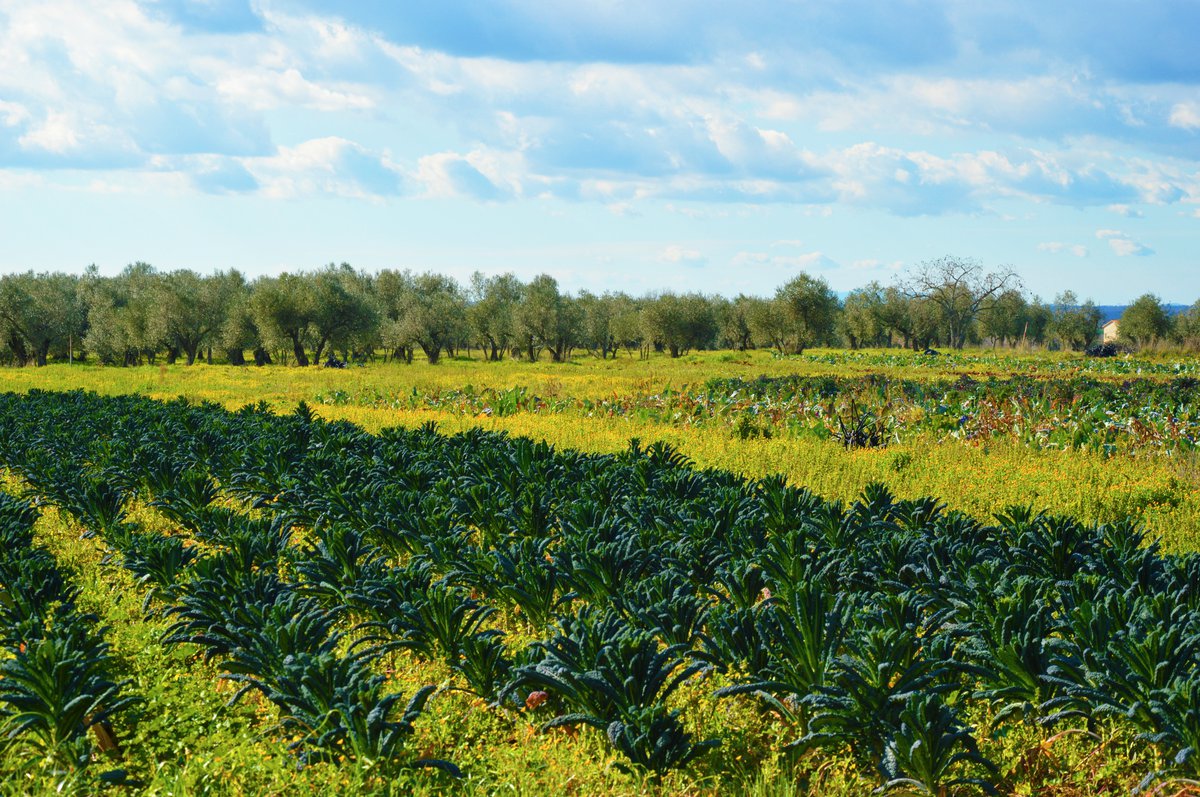Carlo Nesler: The Value of Time
Opening the door of Carlo Nesler’s CibOfficina, the temple of fermentation.

The work Carlo Nesler carries out is one of those spiritual, rare-to-find hymns to life. His production transcends high quality and technique, to eventually assume a more important meaning.
His enchanting CibOfficina, located in the countryside around Viterbo, is the perfect reflection of his soul: kind, deep and aware.
The unique approach to ferments, made him an iconic counselor of many important chefs and professionals, as well as a reference point for fermentation pilgrims from all over the world .
Why fermentation?
When I was a kid I was finding myself unconsciously fascinated by all those “magical” processes, where the ingredients were turning into something tasty without being touched, like yogurt or sauerkrauts.
But the pivotal moment which determined my official love for the discipline, was the permaculture course by Saviana Parodi: here I understood my passion, I gave a name to that “fire” I had inside. Since then it started a “Renaissance” of studies which enriched my culture year by year. Historical and scientific books, ancient and modern: everything was gold to me.
The world of bacteria is fascinating and poetic, if we want. They represent the strongest common feature among living creatures, they are at the base of evolution and live within our own bodies, allowing us to be alive and defining our relationship with the external world. The idea of being linked to everything else, past and future, aside from ideologies, becomes for me the absolute value of existence, almost divine.

Could you briefly explain us the relationship between fermentations and health?
The act of fermentation is not only used to preserve, but mainly to transform ingredients into easily assimilable and nourishing products. We always, somehow, fermented in history: it’s a matter of necessity. There are a lot of ways in which these foods become functional and important for our health. Let’s think about the “digestion” process that bacteria uses on a undigestible or toxic ingredient: you can observe it with the elimination of tapioca toxicity or in the lightness of a well fermented bread. Or, moreover, look at the probiotic action of certain bacteria, surviving the stomach acid barrier, and augmenting the biodiversity within our bodies. These key processes happen with the absence of pasteurization, in presence of life.

Could you talk about your products?
To live in a country which is so deeply rooted in an ancient culture has its highs and lows. For me this restriction becomes a stimulus to break the codified rules I know and experiment wider: I don’t have a background supporting me, but I have freedom. Therefore, I looked around: where am I? I live in a lucky area, surrounded by fields of organic and natural produce. How could I be sustainable using soy, importing it from poor countries where is cultivated through airplane-sprayed chemicals and where it impacts the land biodiversity forever?
It becomes a moral obligation to ferment with chickpeas, fava beans or lentils: everything self-produced or obtained from ethical farmers, respecting nature and human beings. I always want to verify the quality, the non-presence of chemicals and the taste. It is a meticulous job, but it leads to satisfaction.
That’s how my production works: artisanal, small, curated and full of energy. We also recycle leftovers and create interesting fermented powders, next to a more “classic” selection: Mediterranean kombucha, fruits, vegetables, shoyu and miso. Using legumes generates very peculiar aromatic profiles, more round and gracious than soy. I am doing nothing more than repeating those early youth experiments with more awareness, quality and safety.
I can’t stop my curiosity towards my alimentation: should I trust industrialized companies? Who am I trusting? That’s why I call my products “Cibi Vivi” [literally, “Alive foods”], because that's what they are, literally and metaphorically.

Interesting times for fermentation, right?
I believe that the topic is nowadays over-exploited, to attract and sell, without deep knowledge. You’d be surprised of how many “experts” are working in a wrong way: it would be enough to research, to be hungry for more. Yes, there’s more request but also more misinformation.
You can potentially ferment everything, but we must confront ourselves with the final result, accepting perhaps that our innovative “mind-blowing” creation isn’t good enough, and therefore eliminate it.
In our world we generally talk about the “no-action” process: it is a mindset that excludes your ego and let the operation work by itself, almost without you. We go back to the capacity of waiting and understanding, the right moment to interrupt the flow. Just like when we affirm that the observer creates and influences the happening.
It therefore becomes fundamental to work along with seasons, without artificially conditioning the temperature or accelerating the process, to pursue a productive goal. The final result will surely be always slightly different, but isn't an imperfection that makes you fall in love?
Time, in its slow speed, marks a healthy life, the real one. You can’t cheat or fool it: the product will be drastically lower in quality and you’d waste so much energy; just in order to standardize and optimize. But it’s the difference between sex and love, between laughing alone or with someone. Nature doesn’t admit shortcuts.
Nesler is an endless source of knowledge, of inspiration. It is fascinating how, behind some apparently simple products, are hiding deeper messages and thoughts.
Being alive is different than surviving, to be aware “humans” differentiates us from every other living creature which nonetheless populates the ecosystem we relate with. Our strength relies within the possibility of going beyond comfort and instinctual needs, to eventually take care of this Planet and of ourselves.
To ferment, according to Carlo Nesler, is a cultural act which forces you into the satisfying effort of choosing a good product, looking after it, waiting and enjoying this fatigue.
We humiliated ourselves under an inhibitory system that doesn’t provide any information and simplify us things “like you do with kids” (says Nesler). We blindly accepted to consume everything we are given, so that we don’t need to document ourselves. We are building a comfortable, grey and dangerous world. Codified and “safely expected”, but horribly depressing.
